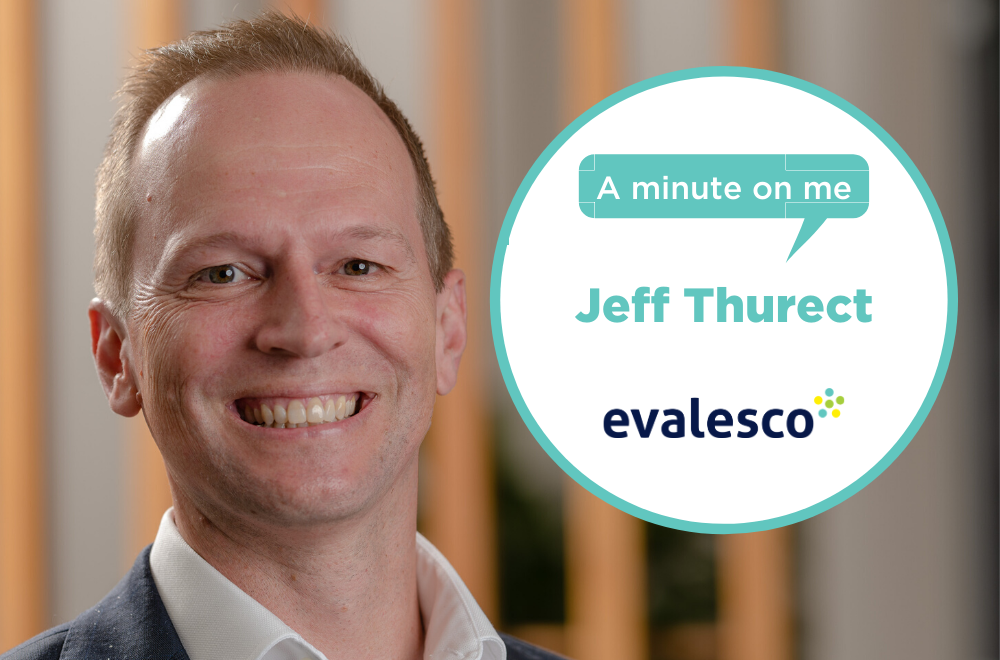In the wake of the Royal Commission (RC), many financial advisers are being inundated with tough questions from clients who want answers about what’s going on in the industry. This is understandable as findings from the RC have highlighted many of the industry’s shortcomings. However, it would be amiss to buy into the narrative being played out that suggests all financial advisers lack the competency to provide their clients with life-changing advice. In fact, for most financial advisers, the RC is a welcome disruption to help change some of the negative culture within the industry.
Financial planners like Tricia Peters, a Superannuation Valuer at PetersMcKeown and the Director of the Melbourne Collaborative Alliance (MELCA), are weary of the reputation of the industry.
Peters, a former lecturer in financial planning at RMIT, who has spent most of her career working with those facing the financial challenges that come with divorce, will now have to navigate murky post Royal Commission waters as clients start to question their long-standing relationships with their advisers.
“How many clients must be questioning their relationships, wondering if they have done the right thing?” she said.
So, where do we go from here and how do those wanting to start having the tough conversations around the RC start the process?
In the paragraphs below, we have highlighted how to approach clients and some of the important talking points to cover.
Start by taking the temperature
According to the CEO and Managing Director of Peloton Partners, Rob Jones, the best place to start is by picking up the phone. According to Jones, advisers need to make a list of clients who may be nervous to receive their call and begin “taking the temperature” – a term that refers to understanding the concerns of clients and emphasising the care that you are taking to provide them with the best service.
Jones is quick to point out that checking in with clients should be part of advisers’ ongoing strategy anyway. This, he says, “makes all the difference in the world.”
Andrew Inwood, the Founder of the CoreData Group, suggests writing up a page of what you would like to say to clients, outlining the value that you provide to them – including intangible value like peace of mind, your relationship and care for them and the initiatives you have made to align your advice to their goals.
In addition to this, advisers should also prepare for questions about what’s going on with the Royal Commission.
Remind clients about the intangible value of your service
8.7 million Australians have unmet financial advice needs and 2.5 million of this segment will seek out financial advice in the next 2 years (see infographic below). But what is it that they’re looking for exactly and how can financial advisers step in to help?
According to the Value of Advice Report (2017) by SunSuper, financial stress is considerably affecting people’s lives, with health and family relationships being impacted the most (see infographic below). This is where advisers can step in to help give clients peace of mind. Financial advisers spend time getting to know their clients and their financial goals and are often one of the closest professional relationships their clients will have. Armed with this level of personal insight, advisers are able to have a real and demonstrable impact on people’s lives.
In an IOOF survey of 521 advised and non-advised participants, advised participants reported an overall increase in peace of mind by as much as 21% once they had received advice.
The importance of professional financial advice
While the industry is going through a hard time at the moment, it’s important to emphasise to your clients the importance of professional financial advice and the role it can play in transforming lives.
As Andrew Inwood states in his latest LinkedIn article, there are two things he can be certain of
- If you have a close relationship with your financial adviser you will be richer than someone who doesn’t have a close relationship with their financial adviser.
- If you have a close relationship with your financial adviser you will be more confident about the future than someone who doesn’t.

We will be releasing articles about how to navigate the Royal Commission on our blog, Viewpoints, and social media (LinkedIn, Facebook and Twitter). Make sure to subscribe, like and follow us for more pieces like this one.




